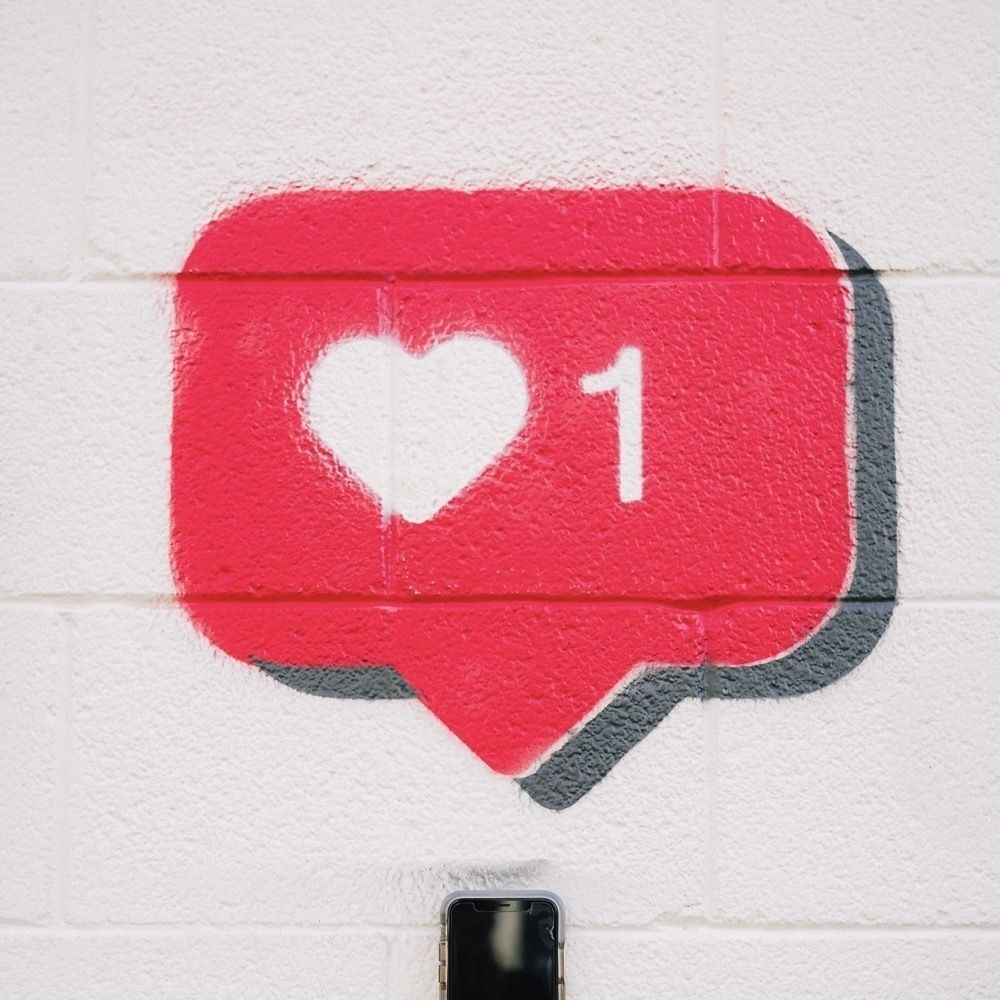Likes and Easy Feedback
How do you signal appreciation?

There has been a fair amount of debate recently about the utility of being able to “like” posts on social sites. Specifically, this has come up in the form of discussion around the photo sharing site, Glass, and their decision to eschew ways to “like” a post. Although likes are standard throughout social media sites, the idea to exclude them is not new. As I mentioned in this post, it’s one of the design principles that Glass follows that already existed on Micro.blog.
Low-cost approval
Some folks want an easy way of indicating enjoyment of a particular post.
Unpopular opinion in the micro.blog (and maybe the broader indieweb community), but I agree Glass, and other social systems, should have likes. They can be private, and they don’t have to feed an algorithm. But I would love a low friction indication of being seen and appreciated.
I have had the same thought as Becker. For example, if I post a collage on Instagram, and it gets 14 likes (some from friends and family and some from total strangers that dig collages), it feels more rewarding than when I post it on my blog and I get no responses.
However, are the likes from friends and family just obligatory and reflexive? It’s hard to be sure. The feedback isn’t three dimensional, it doesn’t have much weight and it’s low quality. There’s no indication of what the person likes. It takes approximately one second to hit that heart button, so if people can do it while flying through a timeline, it can be difficult to know if they really spent any time looking at the post.
The shame of no responses
There are negative sides to even positive reinforcement mechanisms. What if no one responds to the post? It has been widely reported that teenage girls will delete Instagram posts when they don’t get enough likes within a certain time period. The absence of feedback can become a void. A self-critical voice then fills the void.
Despite much being made of Instagram's negative effect on the mental health, we have to remember that much of the material from the studies that show this are based on subjective self-reporting. Even subjective feelings of well-being represent valuable data, though. After all, we can’t usually objectively know how someone is feeling unless they tell us. We now have subjective pain ratings to render feelings as objectively as we can.
When even positive feedback is unwanted
In 2018, David Heinemeier Hanson, from Basecamp, wrote about how even good feedback can be problematic.
It’s the long-term exposure that does the harm. It’s the building of a tolerance. The cultivation of vanity. It’s not the first hit, but the forty-fifth.
It was a week’s worth of abstinence from Twitter and Instagram that brought about this reflection. It felt liberating. Liberating not to play to a crowd with the power to instantly judge the performance. Liberating to be free from the likes, the hearts, and those flattering comments.
He discusses the cycle of getting habituated to likes and then craving them and constantly checking for signs of approval. Eventually, the impetus to write is to get positive reinforcement. It doesn’t have to be the case that authentic writing suffers for this, but most of the time, that would be the end result of reorienting your goals purely to satisfy your audience.
One idea that buttresses David’s post is that Basecamp’s blogging solution, Hey World, doesn’t have these problems. The only way to comment on a post is to email the author. Nothing is public, so the performative aspect of commenting is absent.
I will note that not all of us have the problem David has where we get too much good feedback and have to run and take shelter, lest it swell out heads. While his choice to forego praise seems sensible enough for him, and perhaps helps him stay focused, I’m not sure it’s right for the rest of us. Occasionally, it's nice to know that someone is reading what we write.
Treasure Hoard
Join the newsletter to receive posts in your inbox.


